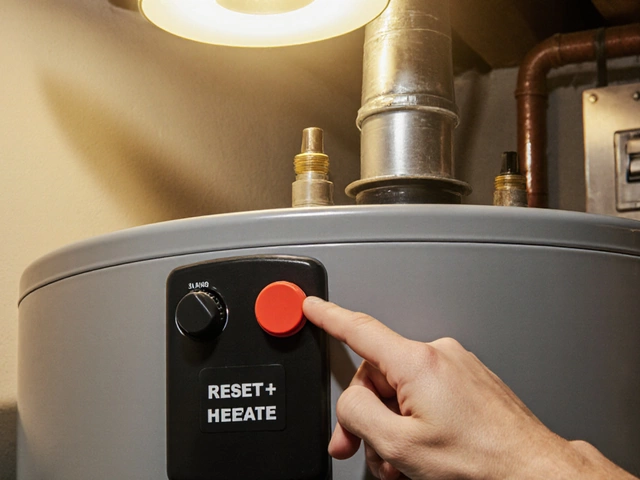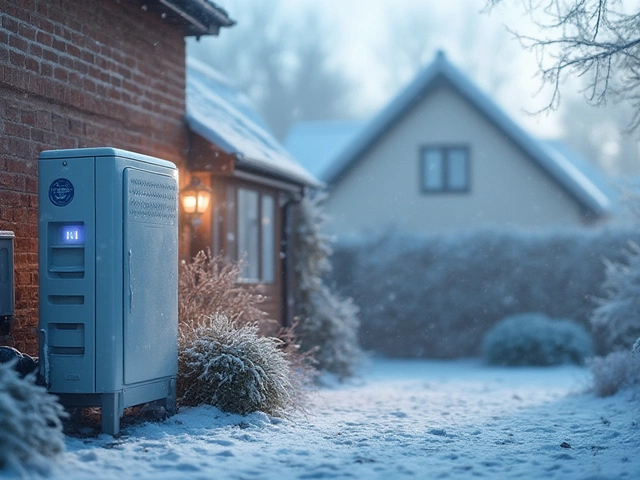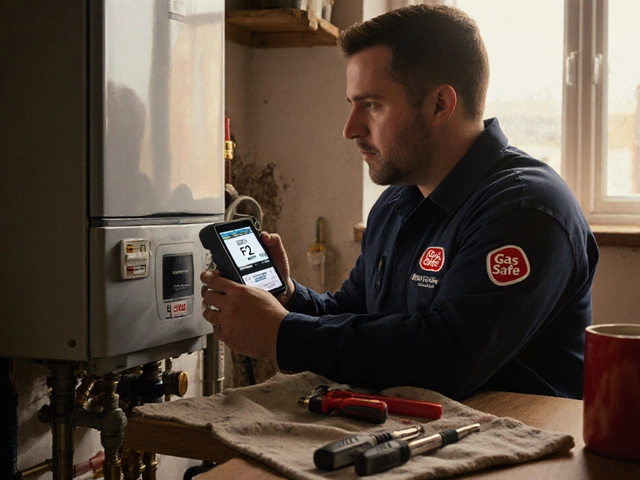If you own a water heater, you’ve probably heard the term “anode rod” but never really understood it. Think of the anode rod as the unsung hero inside your tank – a sacrificial metal that fights corrosion so the tank itself doesn’t rust away.
When the rod does its job, it slowly erodes instead of the steel tank. Over time the rod gets worn down, and if you ignore it, the tank can start corroding, leading to leaks and expensive replacements. The good news? Checking and swapping the rod is a cheap, easy task that many DIYers can handle.
An anode rod is usually made of magnesium, aluminium, or a zinc‑aluminium alloy. It’s placed at the top of the water heater, sticking out of the tank. When water sits in the tank, the metal’s electro‑chemical reaction attracts the corrosive elements, protecting the steel walls.
The type of metal matters. Magnesium rods work best in soft water, while aluminium rods are better for hard water because they dissolve more slowly. Some manufacturers combine both to get a balanced performance. The rod’s length and diameter match the size of your heater – typical residential units use a 2‑ to 3‑inch diameter rod.
Most experts recommend inspecting the rod at least once a year. If you notice any of these signs, it’s time for a swap:
Replacing the rod is straightforward:
All the tools you need are usually around the house: a wrench, some Teflon tape, and a bucket for the drained water. The whole job takes under an hour for most folks.
Skipping the replacement can cost you far more than the $30‑$50 price of a new rod. A corroded tank may start leaking, forcing you to replace the entire heater – a thousand‑plus pound job.
In short, make a habit of checking the anode rod annually. It’s a tiny maintenance step that saves you big headaches down the road. If you’re ever unsure, give a local repair service a call – they can quickly assess the rod and replace it if needed.
Keep your water heater protected, your hot showers consistent, and your wallet happy by treating the anode rod the respect it deserves.

Not sure if your water heater's anode rod is shot? This article breaks down the telltale signs that your anode rod is past its prime, from weird smells to rusty water. Find out how long these rods actually last, why they're so important, and how to check them yourself. With some simple tips, you'll spot trouble before it wrecks your tank. Get the facts so you can keep hot water flowing without a nasty surprise.

Discover how much boiler service costs in 2025, what affects the price, what's included, and tips to save money while keeping your heating safe and reliable.

Learn how to safely reset both electric and gas hot water heaters, troubleshoot common issues, and know when to call a professional.

Plumbers are often the go-to professionals for a wide range of home repairs, but when it comes to boilers, it's essential to know their scope of work. This article delves into whether plumbers can actually handle boiler installations and replacements. You'll uncover what specific skills and certifications are required for boiler work, why hiring a specialized heating engineer may be recommended, and the potential risks of using underqualified technicians. Whether you're considering a new boiler or need an existing one serviced, understanding who is best suited for the task is crucial.

Wondering what temperature makes a heat pump stop working well? Learn the cold limits, key facts, and expert tips for running heat pumps in harsh winters.

Not all plumbers can fix boilers-only Gas Safe registered engineers can legally work on gas systems. Learn when to call a plumber vs. a heating engineer, how to verify qualifications, and what to expect from a boiler service.